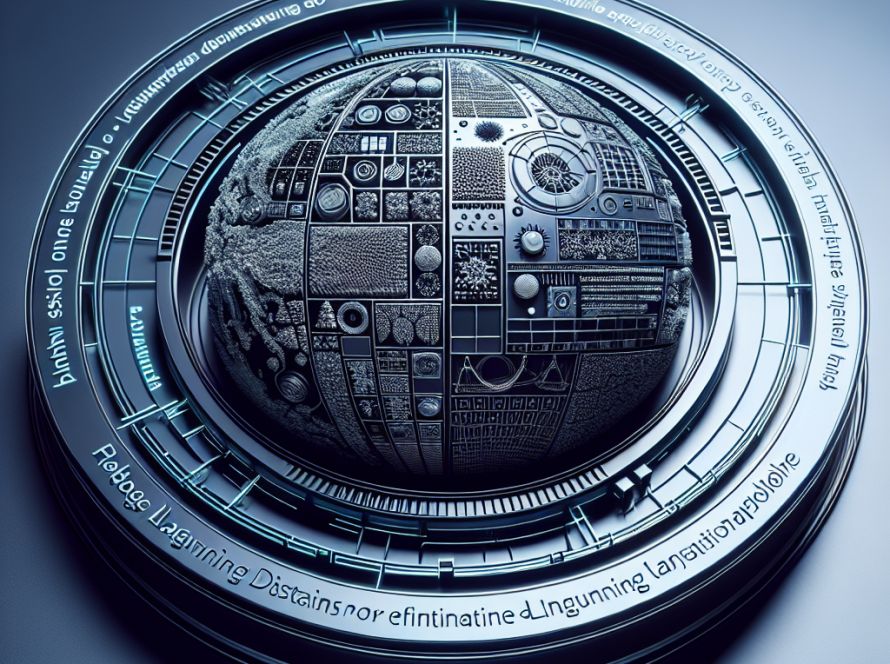MIT had an eventful year in 2023, with President Sally Kornbluth’s inauguration, Mark Rober’s compelling commencement address, and Moungi Bawendi’s Nobel Prize in Chemistry win. MIT researchers made significant progress in areas such as exploring the realms of artificial intelligence, creating eco-friendly energy solutions, inventing tools for early cancer detection, and examining the science of spreading kindness.
Highlights include Professor Anette “Peko” Hosoi’s exploration of the science of kindness and Subin Kim’s transition from community college to MIT through the Transfer Scholars Network. Researchers also detected a dying star swallowing a large planet. Researchers are further exploring AI through initiatives like the MIT RAISE program, which introduces K-12 students to AI.
A notable milestone was Professor Moungi Bawendi’s co-award for the 2023 Nobel Prize in Chemistry for his research on quantum dots. Professor Regina Barzilay worked on AI that could help diagnose breast and lung cancer, while Institute Professor Daron Acemoglu and Professor Simon Johnson proposed ‘machine usefulness’ over machine intelligence.
Engineers made strides in 3D printing customized treatments, creating a replica of a patient’s heart, and designing an energy supercapacitor. Other technological innovations include Ancient Roman buildings’ self-healing properties and VulcanForms’ leading-edge technology to transform 3D printing.
Climate innovations include techniques to absorb moisture from the atmosphere for a warmer planet and using concrete to store energy for homes and electric vehicles. Professor John Fernández advised reducing the climate footprints of homes and office buildings, while faculty, students, and alumni develop clean energy startups.
Healing health solutions ranged from drug-delivery nanoparticles that selectively target cancer cells, AI-discovered antibiotics against drug-resistant bacteria, and wearable ultrasound devices for early-stage breast tumor detection.
Community efforts included Nicole McGaa’s work with an Indigenous rocket team, continued engagement of the MIT Juggling Club, and the opening of the Volpe National Transportation Systems Center in Kendall Square.
MIT also contributed to literature with inspiring books by Professor Zeynep Ton and assistant Professor Héctor Beltrán, and promoting education with Professor Gilbert Strang’s impactful teaching of linear algebra, the instituting of coding classes in prisons, and the use of social media to teach nuclear energy.


